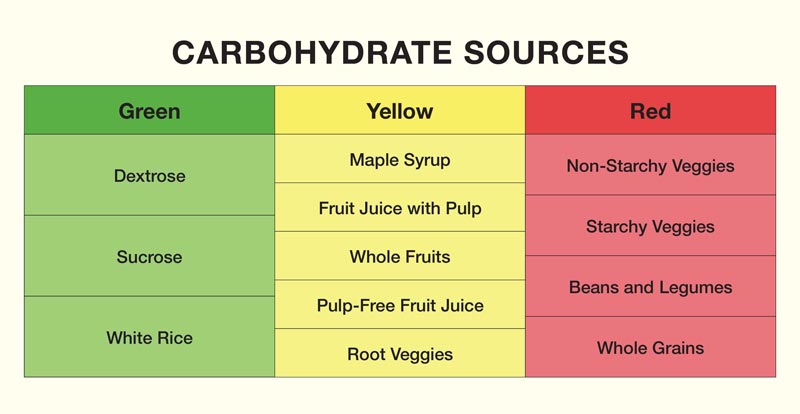I penned the following submission to the Committee. You are invited to join me!
I write regarding the bill proposing to amend the Broadcasting Services Act 1992 and the proposed consequential amendments to other Acts to establish a new framework to safeguard against serious harms caused by misinformation or disinformation.
Free speech is of vital importance in maintaining a free society.
Centralised control of the flow of information has been found to be detrimental to truth and freedom as the custodians are liable to coercion and corruption as evidenced by the Covid catastrophe.
Not a single thing the government promoted over the Covid crisis was correct. I must confess I still find it gobsmackingly remarkable that every single thing the government said was a lie. EVERY. SINGLE. THING. In fact, the authorities got EVERYTHING 100% wrong! Provably false. Often by their own subsequent admission. And what was correct, Vitamin D3 supplementation, fresh air and natural immunity, Ivermectin and Hydroxychloroquine, they either banned, suppressed or ignored as it did not go along with the agenda.
Now, getting 100% does not come easily. It’s a lot of work to get 100%. In a brilliant lecture Dr Lee Merritt said of Fauci, Brix, etc. “Everything they said was wrong. Now, they were wrong about what they were telling us and they were wrong by errors of omission, not telling us things that we knew to be helpful. And I’m talking about knowing in science for 20 years. So I can give you the benefit of doubt if you’re wrong about one or two things, but when you’re wrong 100% of the time consistently, that’s not by accident. I mean even a blind hog gets to eat corn once in a while.”
I have documented the government’s disinformation and misinformation here: Covid Data – The Official Story vs The Truth
https://www.tomgrimshaw.com/Covid_Data-The_Official_Story_vs_The_Truth.html
As well they harassed and persecuted those doctors who put their patients’ well being above the autocratic dictates of the powers that be. This unwarranted persecution is an unconscionable violation of medical ethics.
It is no wonder that trust in the medical establishment is currently falling like a stone in water and the establishment feels it needs to coerce compliance that it can no longer willingly obtain.
If this is the combating of misinformation and disinformation, no sane individual or society would countenance it.
The only tolerable application of this principle would be to legislate that any public figure, (government minister, head of health department etc.) would be personally liable for all personal deaths and injury and loss of income from any member of the public harmed by following their advice.
Lodge submissions here: https://www.aph.gov.au/Parliamentary_Business/Committees/Senate/Environment_and_Communications/MisandDisinfobill





